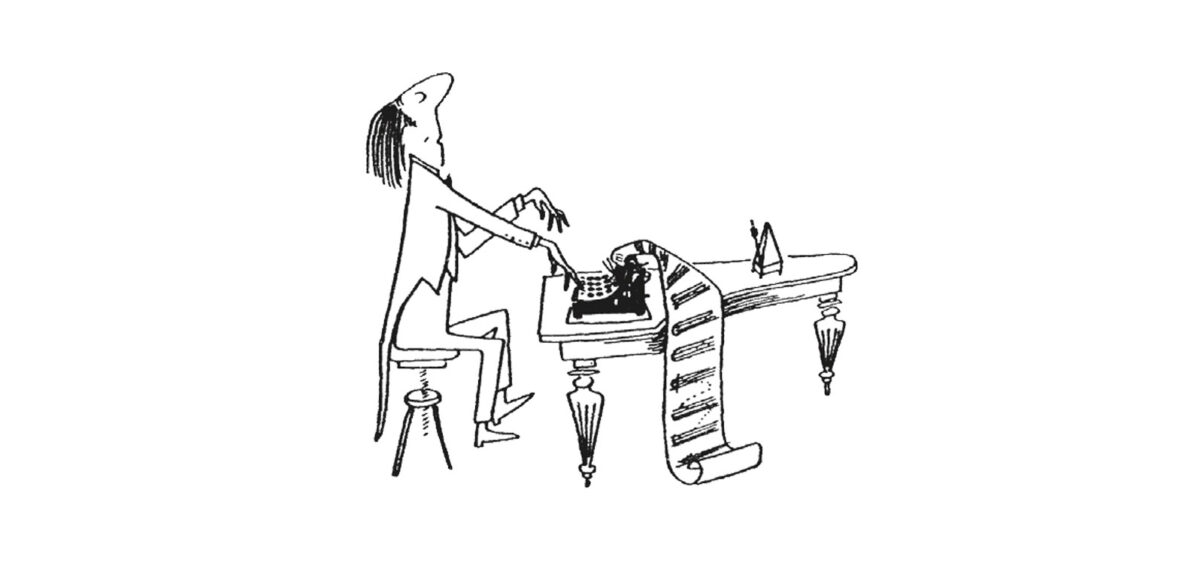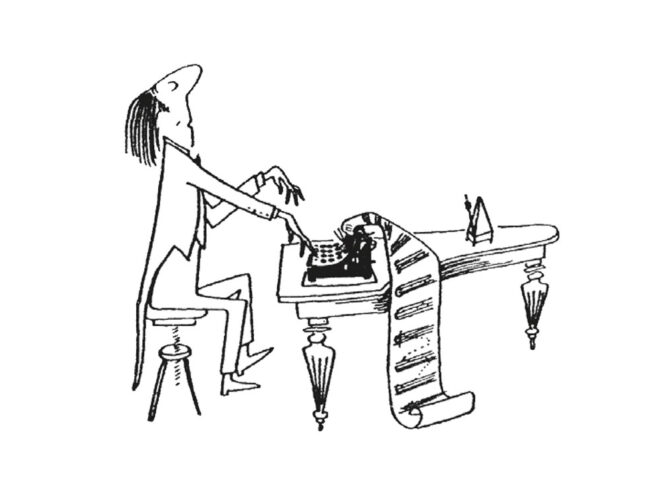
If you only indulge in the luxury of a nice long sleep on the weekend, read to the end. If you can’t imagine a day without coffee, you should also stick around to the last word. And if you love to sleep, learn how much wisdom there is in that feeling.
Good sleep is rare in today’s world. We don’t sleep long enough or deeply enough, and we’re more and more in standby mode. Hounded by the idea that time is money, we try to be as efficient as the devices that surround us.
Many of us have learned to live with a lack of sleep every day, as if its duration and quality depended on our whims and were subject to individual negotiation, with no consequences. In fact, most people need from seven to nine hours a day of sleep in order to function. Those who can permanently get by with barely five or six hours are a minority, as are those who require a significantly longer slumber in order to feel good.
For most of history, people slept as long as they needed to. It was only the age of steam and electricity, the standardization of clocks and the introduction of shift work in factories that changed the rules of the game. The Industrial Revolution attacked the natural need for sleep; we have been demanding ever greater compromises ever since. The factory whistle would pull the entire workers’ neighborhood out of bed, and today we’re awakened by the alarms in our smartphones. And not just once: we hit the snooze button to wake us up again after a few minutes, which causes renewed stress and an extra shot of adrenaline. The mere fact that we need to be shaken several times to get out of bed should make us reflect on how much we’re working against our body.
According to Jonathan Crary, author of 24/7: Late Capitalism and the Ends of Sleep, it will only get harder for us to get good








